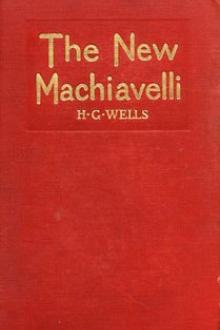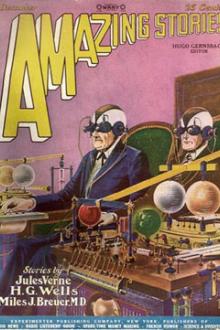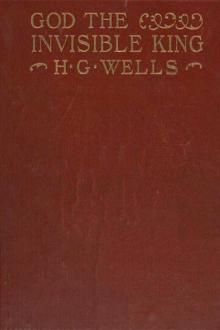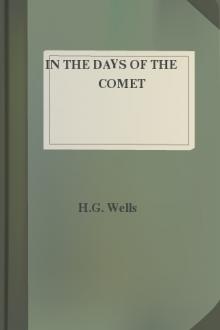The New Machiavelli
Book Excerpt
I still remember with infinite gratitude the great-uncle to whom I owe my bricks. He must have been one of those rare adults who have not forgotten the chagrins and dreams of childhood. He was a prosperous west of England builder; including my father he had three nephews, and for each of them he caused a box of bricks to be made by an out-of-work carpenter, not the insufficient supply of the toyshop, you understand, but a really adequate quantity of bricks made out of oak and shaped and smoothed, bricks about five inches by two and a half by one, and half-bricks and quarter-bricks to correspond. There were hundreds of them, many hundreds. I could build six towers as high as myself with them, and there seemed quite enough for every engineering project I could undertake. I could build whol
Editor's choice
(view all)Popular books in Fiction and Literature, Romance
Readers reviews
General opinion was that he was the smartest man alive. Before Eisenstein people would say, “as smart as H.G. Wells”. This was an opinion with which Wells entirely agreed. This is his manifesto.
Wells is politically important as the founder of elite café Socialism. Under various names you can still find this political flavor alive and well in the Upper West-Side of New York, and on the editorial page of the NYT. The basic gist of Wellsian (G. B. Shaw’s term) Socialism is that H.G. is so smart that our political system should give him control of everything and let him bring “order from chaos” and “plenty from privation”. If not H.G. personally, then people like him, people like us.
Wells, orphaned in his early teens, subsisted in genteel poverty through mediocre boarding schools to an easy first at Cambridge. As above noted, the man was smart and wrote like a dream.
Bankrolling this poverty is H.G.’s rich uncle who built, owns and runs his own toilet factory. Whether Wells hates his uncle more for the cheap boarding schools, or for the lead in the glaze on the toilets, is hard to measure.
The takeaway here is that Wells started his career as a twenty-two year old virgin (neither girls nor jobs - neither one) who had turned down his Uncle’s offer of a partnership making lead-glazed toilet bowls. (Ever wonder why the time machine looks so much like a commode?) Talk about turning points in Literary History.
Now that you know who he is, you understand his politics. Darn fine writer, but a little broad in his political assumptions about the “bringing order out of chaos” thing. He was a genius in many ways and a child in others (women and economics for example).
- Upvote (0)
- Downvote (0)

 Free Download
Free Download
































